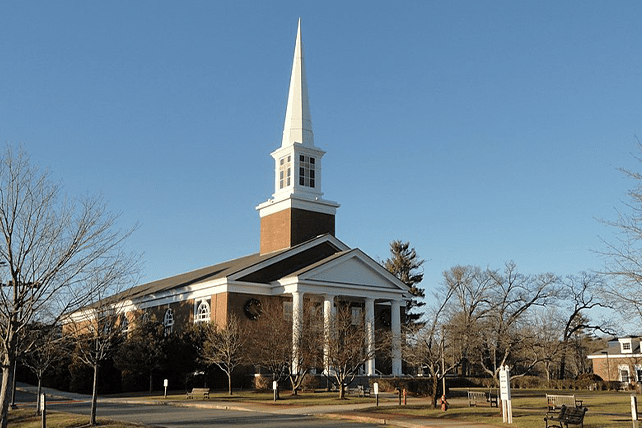For Lausanne, holding only the fourth Congress over 50 years is true to the founders wish to avoid creating a new global denomination or organization to compete with the work of the Gospel throughout the world. Yet, even at the L4, there was an impulsive desire to point back to the best-known names of the first Lausanne, Billy Graham and John Stott, each of whom was a type of 20th century global evangelism and church leadership. It was telling that almost all of the keynote speakers at L4 were not celebrity ministers, save for a brief (nine-minute!) rapid-fire address from Rick Warren.
Instead, we heard from many leaders and ministry workers from around the world who expressed their passion for evangelism, revival, and servanthood in their message around the book of Acts. The various topics focused a challenge for L4 to engage with declaration and display of Christ. While the proclamation/action divide was just as acute at L4 as it was at the first Lausanne between Stott and Graham, the focus on collaborative action has potential to shape the next generation of evangelicalism with an embrace of what David Bebbington called “Activism,” the sometimes controversial fourth point of his quadrilateral definition of evangelicalism.
Technology will play a major role in the future of activism in evangelical Christianity. One of the small miracles of L4 was virtual attendance by many who were restricted from attending due to visa issues by government bureaucracies hostile to the Christian faith. In addition to the more than 5,000 in attendance in Incheon, a reported 6,000 plus joined via livestream. Technology was deployed inside the convention hall to flood social media with photos and videos of the many meetings with custom hashtags for the occasion.
This use of technology is astute and taken for granted in our day but it may predict the future of the Lausanne movement and similar Gospel collaboration across the globe. The four Lausanne Congresses have been deliberately planned to spotlight needs of the church around the world, especially in areas of growth in the 10/40 Window and Global South. Improved technological connections among those in the Lausanne network means that the Congress meeting itself may become less important or even obsolete over time. God’s people love worshipping and breaking bread together under the same sky, so there will likely continue to be a need for occasional gatherings every 10-20 years or so. I loved the way that the WhatsApp group from my table continues to stay connected even while some in our group returned to their homes near war zones. This “shrinking” and personalization of the world may continue to yield greater collaborative action, fellowship, prayer, and support.
As an American delegate to the L4, I was challenged and encouraged by the many participants from around the world who are facing the harsh realities of religious persecution and discrimination each day. Gordon College is the best-regarded evangelical college in New England, which sometimes generates some controversy or criticism from our secular neighbors.
And yet, hearing from church leaders from closed countries and meeting many who are laboring in ministry where the Gospel is outlawed put American religious persecution in perspective. The dramatic testimony of an Iranian Christian who was imprisoned for attending L3 revealed the risk for many who came to the L4. This was brought home by the dramatic portrayal of the “12 Stones” of the Korean Church, thriving under war, political and religious persecution to send more missionaries around the world than every nation outside the US. In each of these stories of religious persecution was a bright testimony to the presence of the Holy Spirit, evidenced by repentance and revival. The church under persecution is thriving and persisting, bringing conviction on the West, where an open society enabling religious freedom has met with challenges of materialism and political power.
As I prayed throughout the week on the message of Lausanne for Gordon College students, God continued to call me toward hope. Hope for the world because of Jesus Christ and his love for his church. Faces of Gordon students who would be energized by Lausanne kept coming to mind and I looked for ways to share updates from L4 with the Gordon community back in the U.S.
I am hopeful for the rising generation that will lead the church toward future fulfillment of the Great Commission and Lausanne gatherings, as they long for meaning in the arts, relational and collaborative problem-solving, and respectful disagreement rooted in foundational truth. The hope we have is not because of these students, but due to their willingness to submit to the work of God in the world and find satisfaction in their calling to join in the global Church as represented in L4 at Incheon. These students are not afraid to build on their faith in ways that address the problems of the world around us.
In fact, they are energized by the opportunity for Christian witness to take shape on campus, in community, and in the workplace. They long to see consistency and authenticity in Christian life, empowered by the Holy Spirit, and connected across the world by a common mission and calling to take the Gospel to the ends of the Earth.

